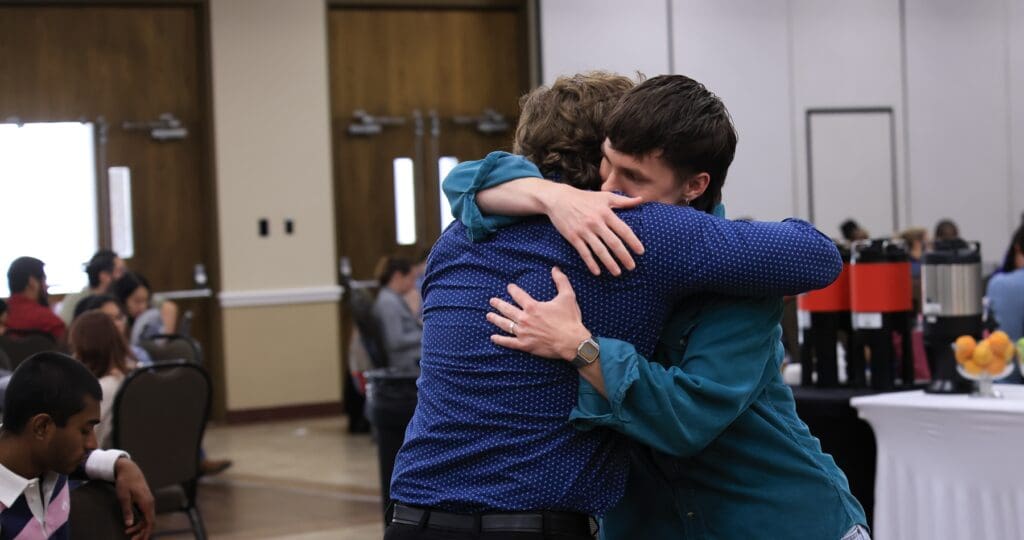
Much has been written over the past couple of years about loneliness in America.
One of the most notable documents on the subject is the 2023 Surgeon General’s 82-page report entitled, “Our Epidemic of Loneliness and Isolation.” The subtitle of that advisory is “the Healing Effects of Social Connection and Community.”
The Surgeon General’s report describes loneliness as feeling isolated, invisible, and insignificant. I have to shoulder all of life’s burdens by myself. If I disappear tomorrow, no one will even notice. We can all appreciate the sentiment, whether we’re feeling it now or not.
Social connection is a fundamental human need. It’s as essential to our survival as food and shelter. Chronic isolation and loneliness increase the risk of anxiety, depression, and dementia. Warm relationships foster health and happiness.
In contrast to Eastern culture, which promotes community and strong relational connection, Western culture tends to value individualism and a strong work ethic. That means we must be more intentional about cultivating closeness.
The global pandemic exaggerated loneliness trends that were already spreading. In 2020, public health officials mandated “social distancing.” Isolation skyrocketed and engagement plummeted. To some degree, we haven’t fully recovered.
Technology can contribute to isolation and loneliness. Online has replaced in-person. It’s hard to notice the people around you when you’re staring at your screen. It’s easy to use your phone to avoid potentially awkward interactions.
Life is a series of choices. We’re constantly planning, performing, acting, and reacting throughout the day. We all have agency, capacity, and freedom to choose what we’ll do next. Small decisions can lead to big outcomes.
If you need more social connection, put your phone down and notice the people around you. Take the initiative. Risk a little awkward interaction. If you already have plenty of social connections, make yourself available to someone else.
Try to see others in all their fullness, not just snap assumptions. Matthew Lee, professor of Social Sciences and Humanities at Baylor University, shares this observation: “The other person doesn’t fully appear to you unless you love them.”
Recent Posts
Don’t Mom Alone, Mom Together I’m not the first to say it, but some of us need to hear it again – Don’t mom alone, mom together. There I…
Living out your Christian faith in college is already difficult enough, but it can be even more difficult to do this over the summer. Often times when college…
Your child’s senior year overflows with lasts: the last football game, the last curtain call, the last dance, the last awards ceremony. Until finally… the last day of…
Pain comes in a wide array of shapes, sizes, sources, and solutions. At some point, in some way, everyone experiences it. You could say that “pain” is one…




